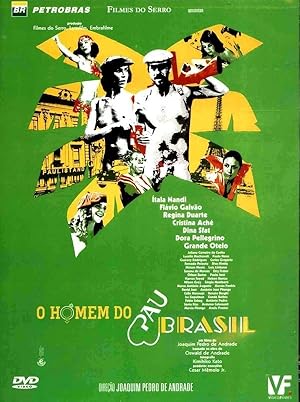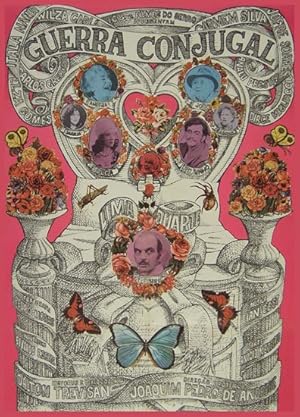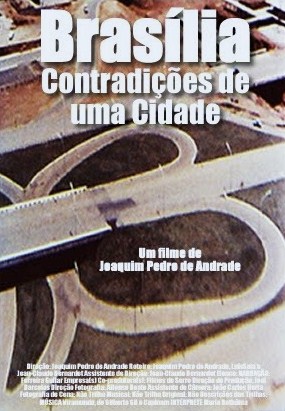Films & Shows from Filmes Do Serro
Welcome to our dedicated collection of titles produced by Filmes Do Serro. Renowned for its creative vision, quality craftsmanship, and cinematic innovation, Filmes Do Serro has contributed some of the most memorable and influential works to the world of film and television. Whether you’re a longtime follower of their productions or discovering their catalogue for the first time, this selection offers a window into the storytelling excellence and artistic flair that define Filmes Do Serro’s legacy.
The Brazilwood Man (1982)
0
Fantasy comedy about Brazilian writer Oswald de Andrade, one of the most important icons of Modernism in Brazil. In the film, Oswald is played by two actors: Ítala Nandi, as his feminine anima, and Flávio Galvão, as the masculine half.
O Aleijadinho (1978)
0
O Aleijadinho, a study of the work of Antonio Francisco Lisboa, the architect whose cathedral de Andrade had assisted in the restoration of more than 20 years earlier. de Andrade dedicated the film to his father, who had sent him on the expedition.
Conjugal Warfare (1975)
0
Many stories revolving around a poor couple who, in spite of hating each other, still live together under the same roof.
Brasilia, Contradictions of a New City (1968)
0
In 1967, de Andrade was invited by the Italian company Olivetti to produce a documentary on the new Brazilian capital city of Brasília. Constructed during the latter half of the 1950s and founded in 1960, the city was part of an effort to populate Brazil’s vast interior region and was to be the embodiment of democratic urban planning, free from the class divisions and inequalities that characterize so many metropolises. Unsurprisingly, Brasília, Contradições de uma Cidade Nova (Brasília, Contradictions of a New City, 1968) revealed Brasília to be utopic only for the wealthy, replicating the same social problems present in every Brazilian



